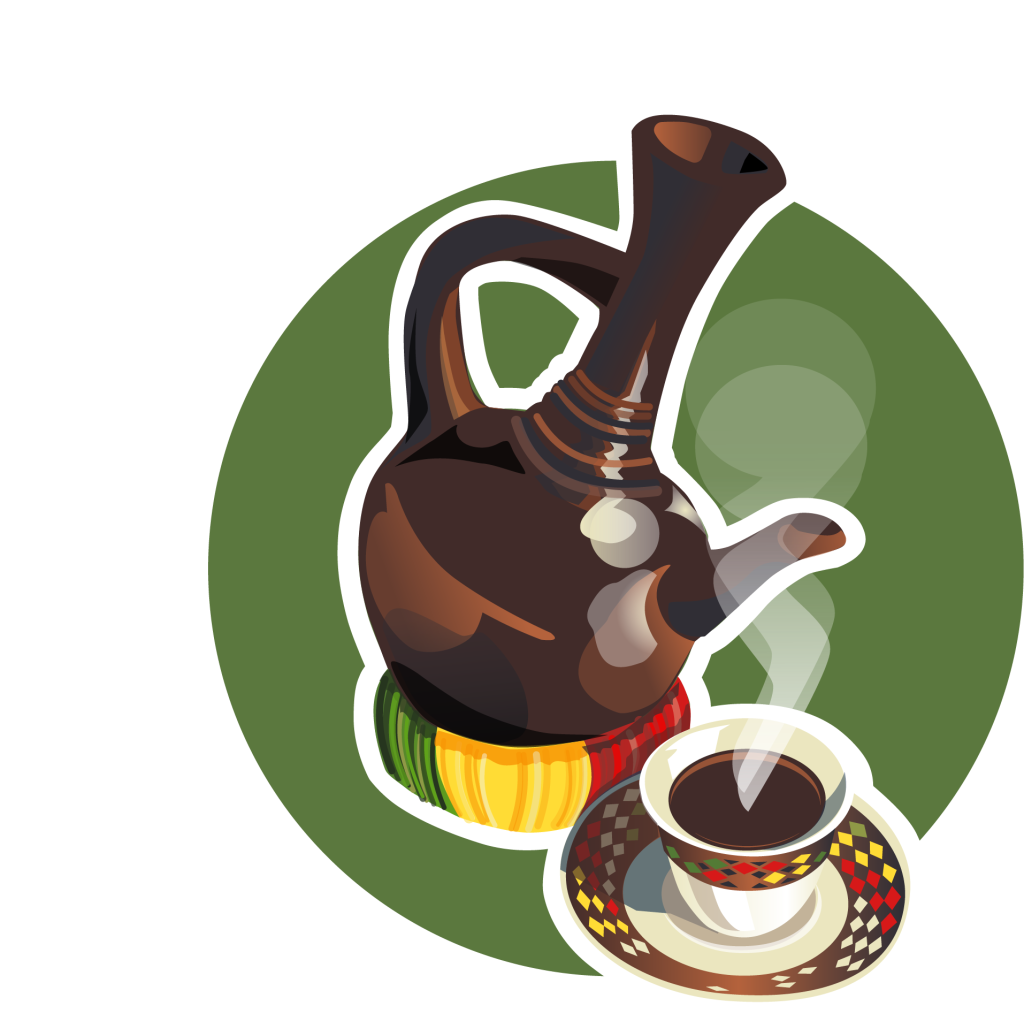So let’s talk about that glorious, black elixir that so many of us use to jump start our mornings. Coffee has its caffeinated roots deep in Ethiopian soil. The U.S. National Coffee Association says that, while no on knows the exact genesis of that cup o’ Joe, one origin story comes from the Ethiopian plateau in the early 800s A.D. Legend tells that a local goatherd named Kaldi discovered coffee when his four-legged kids wouldn’t sleep after eating the berries from a certain tree. (Any parent knows, kids never want to go to bed. Dad joke interlude).
Kaldi shared his discovery with the abbot of a nearby monastery. That abbot, so the story goes, was the first to brew a drink with those goat-goading beans. It helped him stay alert through evening prayers. Soon all of the monks were riding the coffee train and news of the new energy bean began to spread.
Whatever the exact story is, it is an undisputed fact that Silver Spring, Maryland, has a large Ethiopian diaspora. There are dozens of Ethiopian eateries, stores dedicated to Ethiopian foodstuffs and wears and, of course, a multitude of fantastic Ethiopian coffee shops.
To honor this rich local culture, I included a traditional Ethiopian jebena in my Silver Spring illustration. In the traditional Ethiopian (or Eritrean) coffee service, the green coffee beans are roasted over an open flame, usually by the matriarch of the household. The beans are then ground with a wooden mortar and pestle. The ground beans are then mixed with boiling water in the jebena and left over the open flame. Traditionally, the jebena is made of pottery, with a spherical base and an elongated neck.
The Silver Spring Store offers both the Silver Spring poster and a custom coffee mug featuring the jebena. Check out the coffee mug here.

